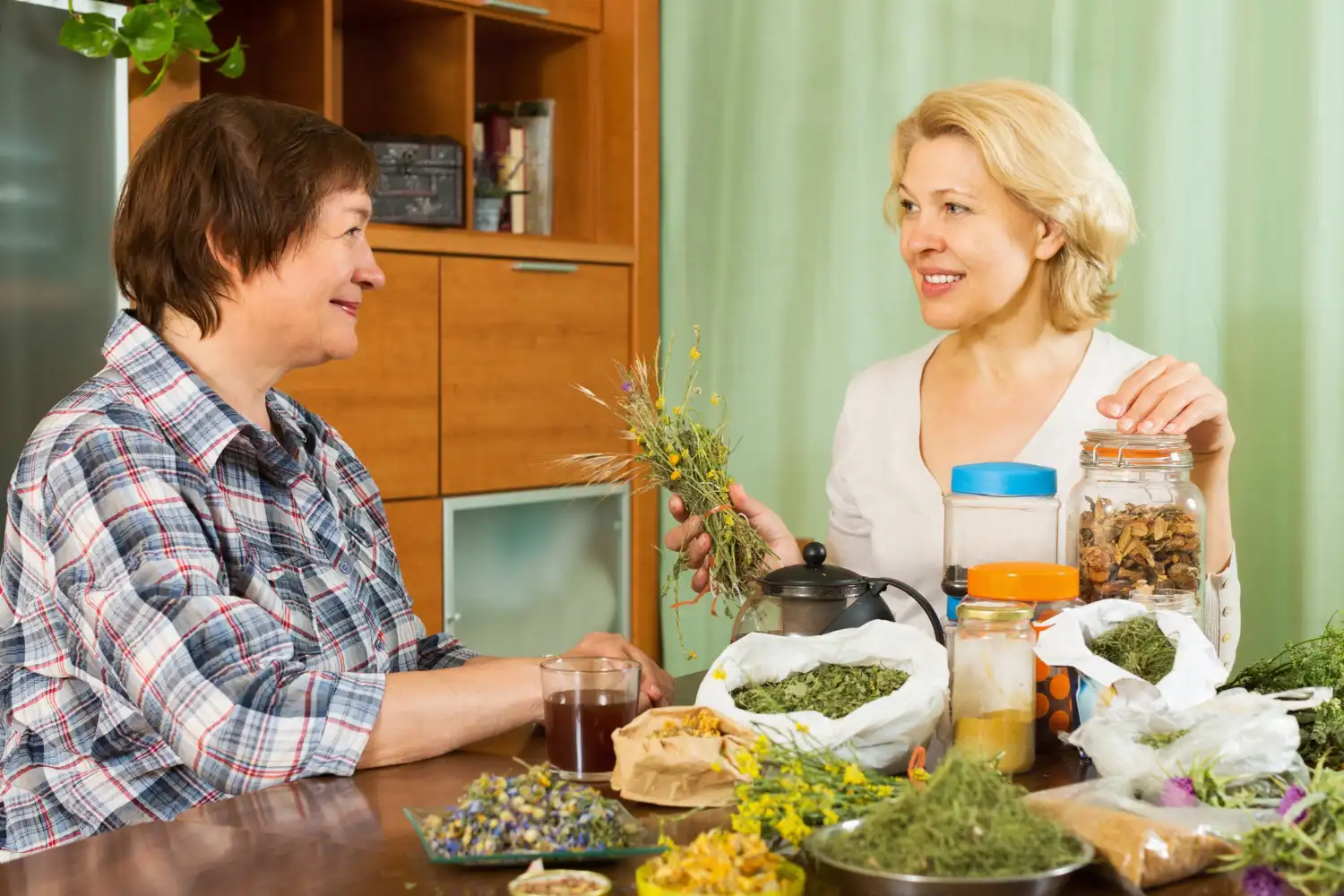Rutabaga, often called the “Swedish turnip,” is a nutrient-rich root vegetable that many people overlook. If you’re wondering what are the health benefits of rutabaga, the answer goes far beyond its earthy flavor and versatility in cooking. Rutabagas are packed with vitamins, antioxidants, fiber, and minerals that support overall wellness. According to the USDA, one cup of cooked rutabaga provides about 66 calories, 3 grams of fiber, and over 46% of the daily recommended intake of vitamin C, making it a powerful yet low-calorie food choice. This guide breaks down the nutritional value, scientific benefits, and the global wellness insights behind rutabaga consumption.
Rutabaga Nutrition Overview: A High-Value, Low-Calorie Root
Rutabagas belong to the Brassica family, which also includes cabbage, cauliflower, kale, and broccoli, vegetables widely studied for their health-protective properties. Nutrition experts consider rutabaga a functional food, meaning it contributes to longer-term well-being beyond basic nutrition.
Here are some key nutrition facts per 100 grams (USDA):
- Vitamin C: 25 mg
- Fiber: 2.3 g
- Potassium: 305 mg
- Calcium: 43 mg
- Folate: 21 mcg
- Carbohydrates: 8.6 g
These nutrients support immunity, digestion, heart health, and metabolic function. Rutabagas are also rich in glucosinolates, natural sulfur compounds known for their anti-inflammatory and antioxidant properties.
Boosts Immunity and Cellular Repair
One of the strongest health benefits of rutabaga is its high vitamin C content. A single cup of raw rutabaga contains more vitamin C than a whole lemon, supporting the body’s immune defenses and helping repair tissues. Vitamin C plays a key role in collagen synthesis, which helps maintain healthy skin, bones, and cartilage.
Scientific studies suggest that diets rich in vitamin C reduce the duration and severity of respiratory infections. Rutabaga provides a reliable, plant-based source of this essential antioxidant.
Supports Digestive Health With High Fiber Content
Rutabaga is rich in dietary fiber, which promotes smooth digestion and prevents constipation. Soluble fiber in rutabaga helps regulate blood sugar, while insoluble fiber supports bowel health and reduces inflammation in the gut.
Nutrition specialists highlight that a high-fiber diet can improve weight management, cholesterol levels, and metabolic balance. With 3 grams of fiber per cup, rutabaga helps meet the daily fiber recommendations of 25, 30 grams.
Heart Health Benefits Backed by Research
Another major reason rutabaga is linked to wellness is its potassium content. Potassium helps regulate blood pressure by balancing sodium levels and relaxing blood vessel walls.
According to the American Heart Association, potassium-rich foods can help reduce the risk of heart disease and stroke, which remain leading global health concerns. Rutabaga’s combination of fiber and potassium makes it a heart-friendly vegetable.
Additionally, rutabaga contains omega-3 fatty acids, though in small amounts, which further support cardiovascular health.
Rich in Antioxidants That May Reduce Disease Risk
Rutabagas are loaded with antioxidants such as:
- Glucosinolates
- Anthocyanins
- Carotenoids
Glucosinolates are especially notable because they help reduce oxidative stress and protect cells from DNA damage. Research links Brassica vegetables with lower risks of chronic diseases, including certain cancers.
This antioxidant protection makes rutabaga a functional detox food, supporting liver cleansing and lowering inflammation.
Good for Weight Management and Metabolic Health
If you’re trying to lose weight or maintain a healthy metabolic rate, rutabaga is an excellent choice. With only 66 calories per cup, high fiber, and slow-digesting carbohydrates, rutabaga keeps you full longer without contributing to excess calorie intake.
Low-glycemic foods like rutabaga support stable blood sugar levels, making it suitable for individuals managing diabetes or insulin resistance.
Promotes Bone Strength and Healthy Aging
Rutabagas supply minerals that maintain healthy bones and fight age-related deterioration:
- Calcium supports bone density
- Magnesium supports nerve and muscle function
- Phosphorus helps repair tissues
Vitamin C further assists by supporting collagen production, which strengthens connective tissues and joints.
Together, these nutrients make rutabaga beneficial for individuals at risk of osteoporosis, arthritis, and age-related degeneration.
A Versatile Superfood for Global Diets
Around the world, rutabaga is used in soups, salads, stews, baked dishes, and natural remedies. Nordic countries use rutabaga as a staple winter vegetable because of its long shelf life and nutrient density.
Its mild, slightly sweet flavor makes it a healthy substitute for:
- Potatoes
- Carrots
- Turnips
- Squash
This versatility makes it easy to incorporate into everyday meals, whether you are looking for a gluten-free, vegan, or low-carb food option.
How to Add Rutabaga to Your Wellness Routine
Here are practical ways to include rutabaga in your diet:
- Add to roasted vegetable blends
- Mash as a healthier substitute for potatoes
- Add to soups and stews for extra fiber
- Spiralize into low-carb noodles
- Eat raw in salads for maximum vitamin C
Cooking rutabaga lightly, such as steaming, helps retain vitamin C and essential antioxidants.
Conclusion
Rutabaga is one of the most underrated vegetables, yet its wellness benefits are backed by science. From boosting immunity and supporting digestion to protecting the heart and promoting weight loss, rutabaga offers a nutrient-rich profile that fits into nearly every type of diet. Understanding what are the health benefits of rutabaga empowers you to make smarter, healthier food choices that support long-term well-being. Whether you enjoy it raw, steamed, roasted, or mashed, rutabaga is a powerful addition to a balanced lifestyle.
Click Nakash for more knowledge about health issues.
FAQs
1. What are the health benefits of rutabaga for daily nutrition?
Rutabaga supports immunity, digestion, heart health, bone strength, and weight control due to its vitamins, minerals, fiber, and antioxidants.
2. Is rutabaga good for people with diabetes?
Yes. Rutabaga has a low glycemic index and contains fiber, which helps regulate blood sugar levels naturally.
3. Can rutabaga help with weight loss?
Absolutely. It is low in calories and high in fiber, helping you stay full longer without overeating.
4. Which nutrients make rutabaga a superfood?
Vitamin C, potassium, fiber, glucosinolates, antioxidants, and trace minerals all contribute to its superfood status.
5. Is rutabaga healthier raw or cooked?
Raw rutabaga provides more vitamin C, while cooked rutabaga is easier to digest. Light steaming preserves most nutrients.
Also read: what is intro to health science for teens exploring health careers
References
- USDA FoodData Central , Rutabaga Nutrition
- American Heart Association , Potassium and Heart Health
- National Institutes of Health (NIH) , Dietary Fiber and Disease Prevention
- Journal of Nutrition , Glucosinolates and Antioxidant Activity
- Harvard T.H. Chan School of Public Health , Benefits of Vegetables in the Brassica Family



